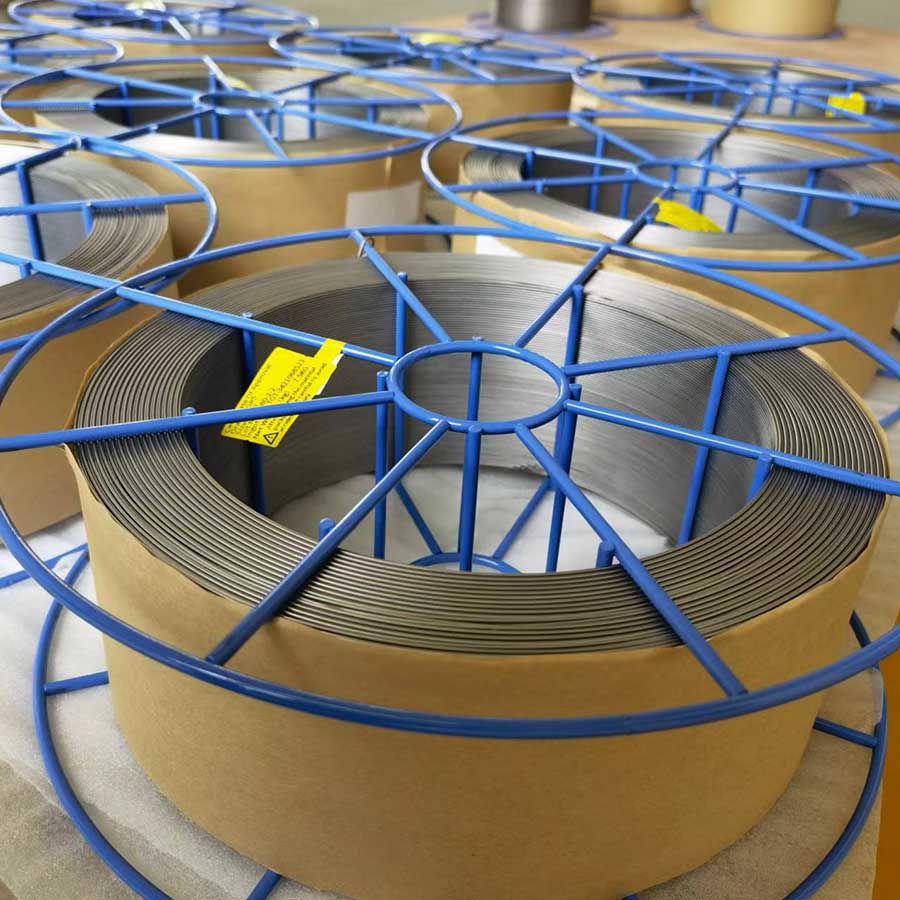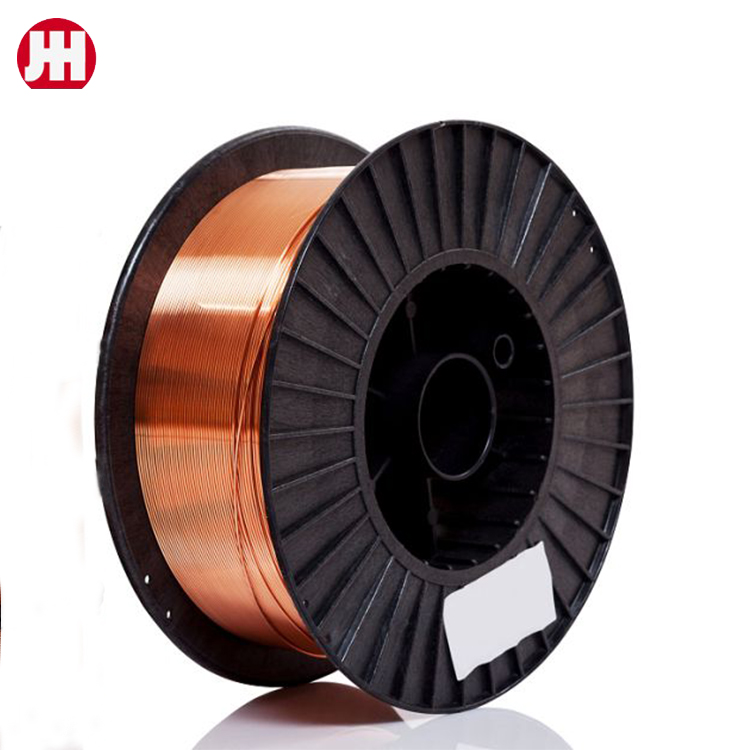welding electrode
Welding electrodes play a pivotal role in the welding process, serving as indispensable tools for professionals and hobbyists alike. Their primary function is to provide the filler metal required to join two pieces of metal together, facilitated by the intense heat of an electric arc. However, beyond this basic definition, there's a multi-dimensional world of welding electrodes that demands a deeper understanding for optimal application and performance.

The domain of welding electrodes is replete with a diverse array of options, each catering to specific materials and welding conditions. Common types include stick electrodes, MIG wires, and TIG rods, each with its own set of specifications that make it ideal for certain tasks. E6010, E7018 for stick welding, ER70S-6 for MIG, and ER70S-2 for TIG are some examples, each denoted by a series of letters and numbers that reflect their unique chemical composition and coating type.
One significant aspect professionals swear by is the electrode's coating, which influences the stability of the arc, spatter levels, and the ease of slag removal. Acid, rutile, and basic are three principal types, each offering distinct benefits. For instance, basic coated electrodes, often preferred in structural applications, provide steadfast mechanical properties, especially in dynamic loads.

A seasoned welder understands that selecting the right electrode goes beyond merely matching numbers. Considerations such as base metal composition, joint design, positional welding capabilities, and job-specific requirements play a crucial role. For instance, when welding high-strength steel, one must ensure a compatible electrode to prevent potential weld failure due to incompatible mechanical properties.
Moreover, the electrode's diameter is a critical factor in determining the welding parameters, including current and heat input. A smaller diameter electrode might be ideal for thin sheets or intricate work, requiring less heat and providing greater control, while larger diameters serve heavy-duty applications, where deep penetration and higher deposition rates are necessary.
welding electrode
The storage and handling of electrodes is another vital area that can significantly impact welding quality. Moisture absorption can lead to hydrogen diffusion, causing porosity and weakening the weld. Hence, adherence to storage guidelines, such as keeping electrodes in dry and heated cabinets, is paramount to maintain their integrity.
Welding technology has evolved, and advanced coatings and compositions are being developed to enhance performance. Low-fume analysis electrodes are gaining popularity due to health and environmental concerns, providing a safer alternative without compromising on quality.
Being knowledgeable in the latest industry standards and certifications also bolsters one's standing as an authoritative expert. Adhering to guidelines such as those set out by the American Welding Society (AWS) ensures compliance with safety and quality benchmarks, instilling trust and confidence in clients and stakeholders.
Investing time in understanding the nuances of welding electrodes enhances the skill set of any professional, leading to superior craftsmanship and job satisfaction. Trust in the first-hand experiences shared by seasoned welders can guide newcomers through the complexities of professional welding. The synergy of expertise, experience, authority, and trustworthiness underscores the very essence of welding, transforming raw potential into tangible success.
In summary, welding electrodes are the unsung heroes of metallurgy, the linchpins connecting technology and tradition. Mastery over their application not only defines the quality of the weld but also speaks volumes about the prowess and credibility of the welder behind the equipment.
-
Premium 7018 Welding Rods Electrodes for Strong WeldsNewsJul.23,2025
-
E71T-1 Shielding Gas for Gas Shielded Cored Wire Welding SolutionsNewsJul.22,2025
-
Premium Submerged Arc Welding Wire | Efficient Quality SolutionNewsJul.21,2025
-
Premium Solid MIG Welding Wire - Strong, Low-Spatter WeldsNewsJul.21,2025
-
E71T-GS Self-Shielding Welding Wire | Gasless Outdoor UseNewsJul.20,2025
-
E312 Welding Electrode - High Corrosion Resistance & All-Purpose UseNewsJul.20,2025


